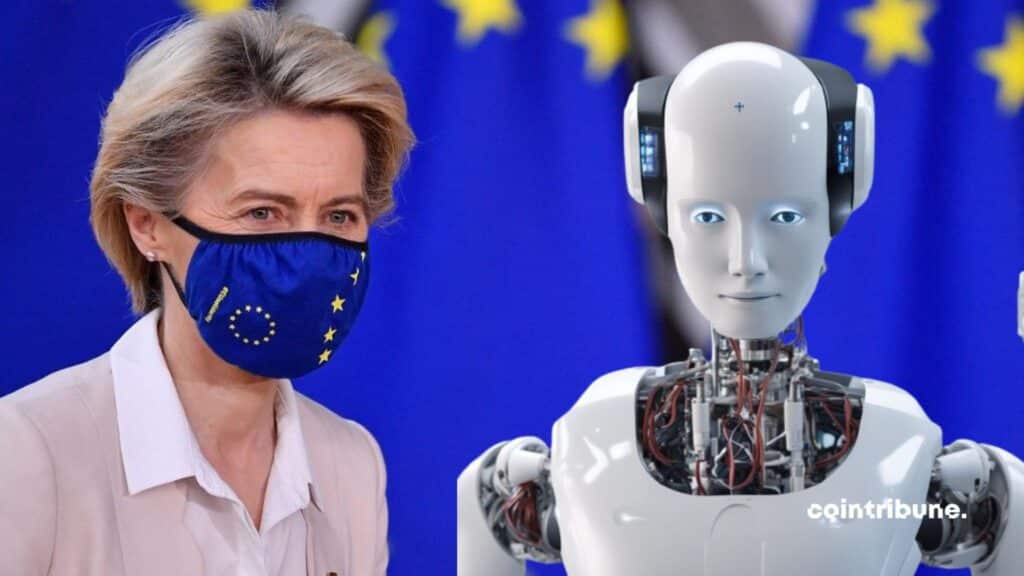The EU demands the detection of AI-generated content to protect the 2024 elections
In 2024, the EU takes unprecedented measures to combat online misinformation ahead of the European elections. It will require platforms like Facebook and TikTok to implement systems to detect AI-generated content. The aim is to limit the spread of false information created by AI that could manipulate the electoral process.

The Risks of AI-generated Misinformation
Generative AI poses new challenges in the fight against misinformation. Techniques such as deepfake allow for the creation of hyper-realistically manipulated videos and content. This content can mislead voters by spreading false information about candidates and political issues.
During the 2020 US elections, deepfakes of candidates were circulated, blurring the lines between truth and fiction. The spread of AI-generated biased electoral polls could also influence voting intentions.
According to the European Commission, generative AI represents a serious threat to democracy in Europe. Without regulation, these technologies could be used to manipulate public opinion on a large scale. Massive disinformation campaigns aimed at discrediting certain candidates or parties could impact election outcomes.
Moreover, the anonymity allowed by AI makes it very difficult to identify the source of manipulations. This can serve to conceal foreign influence operations aimed at interfering in the European electoral process.
Measures Taken by the EU
The Commission wants platforms to implement automated detection systems for AI-generated synthetic content. Specifically, they would need to scan images, videos, and audio to identify deepfakes before publication.
Content generated by AI must be clearly identified, with a warning indicating that they are not authentic media. Platforms will be held accountable in case of non-compliance with these obligations.
Exceptions are planned for certain positive uses of AI technologies, such as satire and entertainment. Nevertheless, the priority is to limit the risks of large-scale manipulation during election campaigns.
The Commission also plans to enhance transparency regarding online political advertisements. Advertisers would need to disclose when they are using AI techniques to target voters.
Finally, awareness campaigns will be conducted to teach citizens how to detect content manipulated by AI. Media and information literacy remains crucial for developing a critical mindset in the face of these threats.
Facing the emergence of generative AI technologies, the EU is mobilizing to prevent any interference in the 2024 elections. The challenge is to stimulate innovation while protecting our democracies against the growing digital threats.
Maximize your Cointribune experience with our "Read to Earn" program! For every article you read, earn points and access exclusive rewards. Sign up now and start earning benefits.
The world is evolving and adaptation is the best weapon to survive in this undulating universe. Originally a crypto community manager, I am interested in anything that is directly or indirectly related to blockchain and its derivatives. To share my experience and promote a field that I am passionate about, nothing is better than writing informative and relaxed articles.
The views, thoughts, and opinions expressed in this article belong solely to the author, and should not be taken as investment advice. Do your own research before taking any investment decisions.